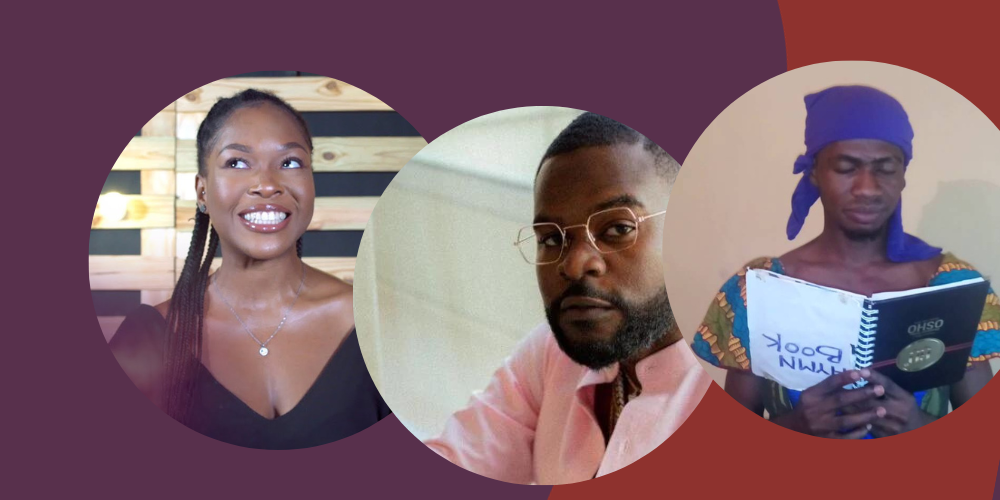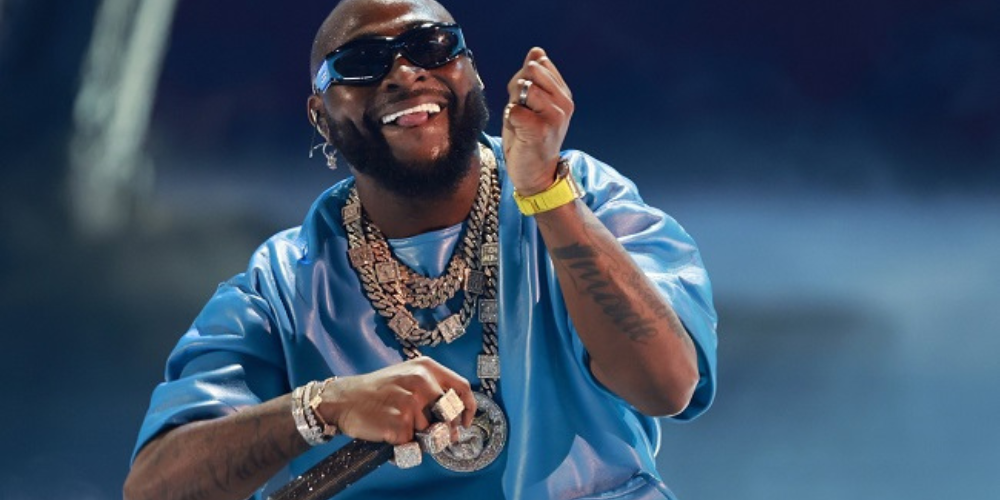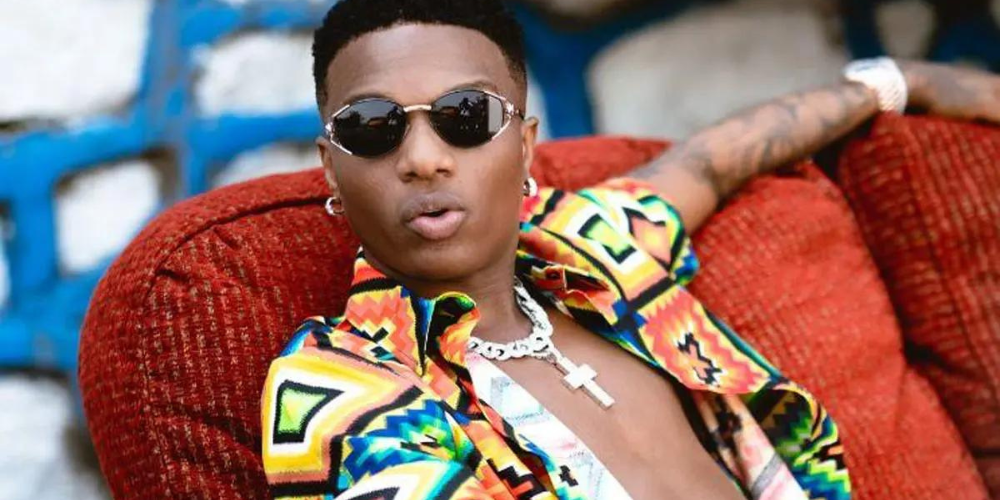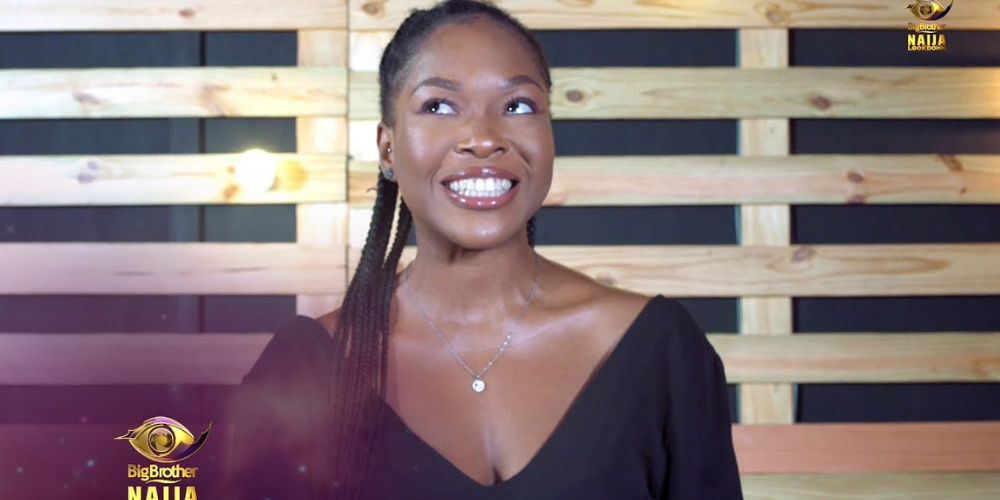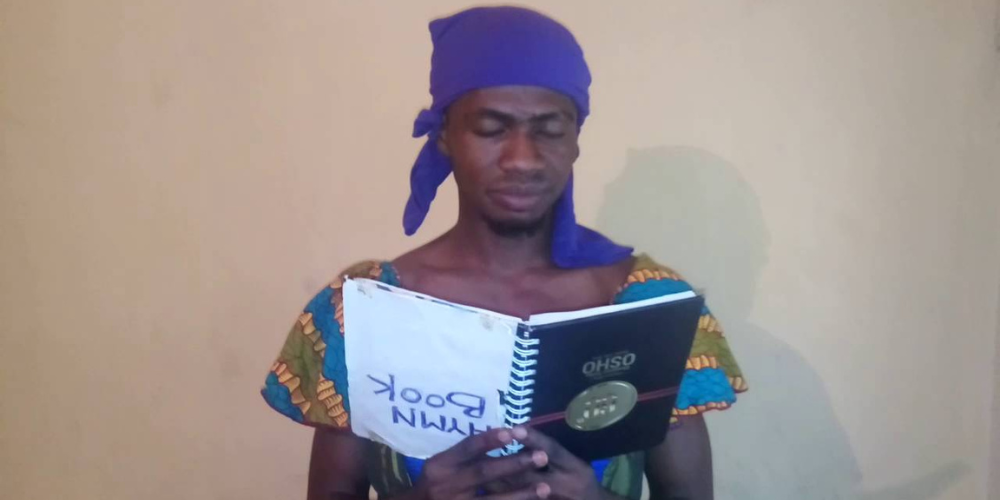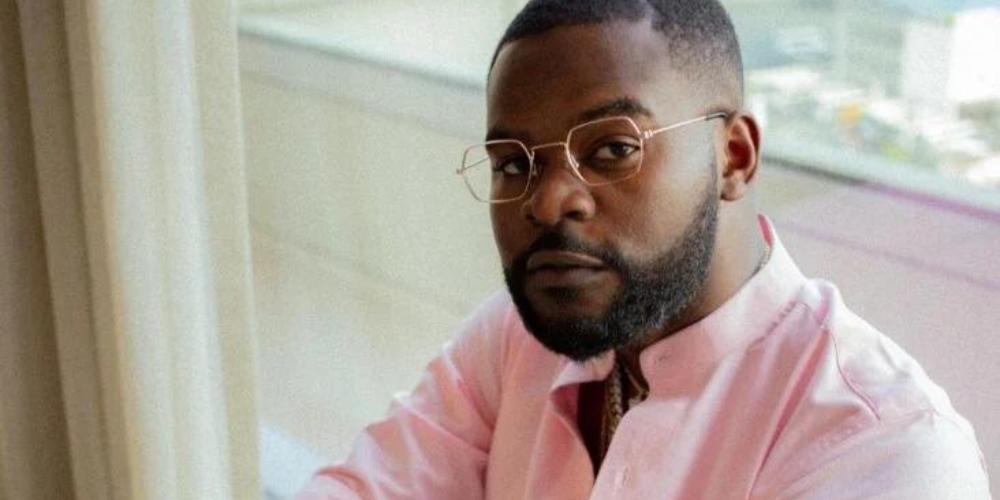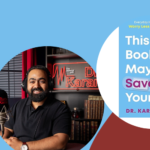The history of unforgettable slangs in Nigeria ; 29 words and phrases from Nigeria were added to the well-known Oxford English dictionary in January 2020.
The words were added to the dictionary in acknowledgment of Nigerians’ “unique and distinctive contribution to English as a global language,” the decision’s justification at the time said. ”Chop-chop,” ‘Danfo,” and ‘Sef” are a few of the words.
Such is the universal appeal of Nigerian slang or coinage. New terms occasionally enter the street lexicon, while the more established ones are quickly consigned to the background. Here is The history of unforgettable slangs in Nigeria
1. Tule
“Tule” is yet another of Davido’s many slang terms. The famous performer could be heard saying “Tule Joor, Tule Jare” in a video he recorded in response to the news of his falling out with Burna Boy, another performer, in Ghana. The Yoruba term “tule” is translated as “free me, release me, or leave me.”
The phrase became well known when many Nigerians began chanting “Tule” on social media in exchange for the N2 million Davido offered to anyone who could copy his original video.
In street slang, the word “tule” is used to request that a conversation end or that someone leave you alone.
2. E Choke
David “Davido” Adeleke, a well-known Nigerian singer, invented this widely used and now fashionable street lingo. Literally, “E Choke” means “It Chokes,” but in street slang, it denotes anything overwhelming or incredibly amazing with an exclamation point.
Although it could be a little overstated, this slang is a means for Nigerians to express their shock when they see something or someone that exceeds their expectations.
3. E restrict my Airflow
This one was started by Wizkid, a different musician, and has the same message as “E Choke.” Nigerians have utilized the slang terms for choking and having a limited airflow since they literally mean the same thing and have the same impact.
4. We Meuve
Vee Adeyele, a star of BBNaija 2020, first imitated her accent when she and Neo Akpofure, her partner, got into a fight in the Big Brother house. Since then, the imitation has evolved into a common slang phrase.
When Neo was attempting to stop Vee from leaving the room. Vee was heard telling Neo to “meuuve from the door” (move from the door).
The phrase gains more recognition as a motivating expression and a method for Nigerians to say “life goes on.” The phrase “but then, we meuuve!” commonly concludes many rants of depressing tales. Additionally, when Nigerians are unable to commit suicide, they add, “See ehn, we meuuve.”
5. Sọ̀rọ̀ sókè
Sókè, arguably the most important slogan of the year, is particularly popular with young Nigerians, who make up 80% of the population and are under 40. This generation has frequently been mocked for being passive. And uninterested in the national socio-political debate. The hashtag #ENDSARS, which means “speak up,” became the emblem of the Nigerian youth movement calling for an end to police brutality and compensation for victims.
However, the catchphrase made its official debut this year alongside the phrase “werey dey disguise” (to display faux-shyness), and it proved to be so contagious that even Lagos State Governor Babajide Sanwo-Olu used it to soothe a crowd of agitated demonstrators during the #EndSARS marches.
6.Don’t leave me.
The “don’t leave me challenge” provided millions of Nigerians with a much-needed break during months of forced lockdown and plague, and it soon spread throughout the world, especially on Twitter, Instagram, and Tiktok.
The challenge was created by Nigerian comedian Josh Alfred. Also known as Josh2funny, and entails generating humor with puns and prop comedy.
Josh2funny ignited the social media in March when he made a joke on the word “leaf” and said he was unable to speak because he was on leave, encouraged by his hype man, Bello Khabir. A leaf lay at his feet. The challenge took on a life of its own after then and hasn’t turned back since.
7. This life no balance
This catchphrase highlights how harsh and uneven life is. It might be yin at times for certain people and yang at others.
Or how do you explain that a billionaire from Nigeria travelled with his daughter for an hour to Italy to purchase gelato. An Italian ice cream prepared with milk, sugar, and flavorings, when there is a son of another man someplace who seldom receives pipe-borne water to drink?
They would claim that this is because “life has no balance.”
8. Resist the urge to shalaye.
The concept conveyed by this slogan is to “talk less and act more.” It is sometimes employed to deter people from acting irresponsibly in an effort to avoid difficulties or implicate themselves.
It was the startling final phrase uttered by Nigerian performer Falz in the comedy Quam’s Money that created a suspenseful cliffhanger for the sequel.
9. E Be things
You hear E Be things, which expresses confusion. When you hear it, keep an eye out for the tone of closure since that’s all there will be. Be things, in E.
I cannot comman goan kill myself; sense will not kill me; ko necestri. God no go shame us; mofo o; E shock you? Are some other slang phrases that were popular . As you have fun, we hope you add additional lingo that was overlooked.
READ ALSO:
The History of 9 Trending Slangs in Nigeria 2023
